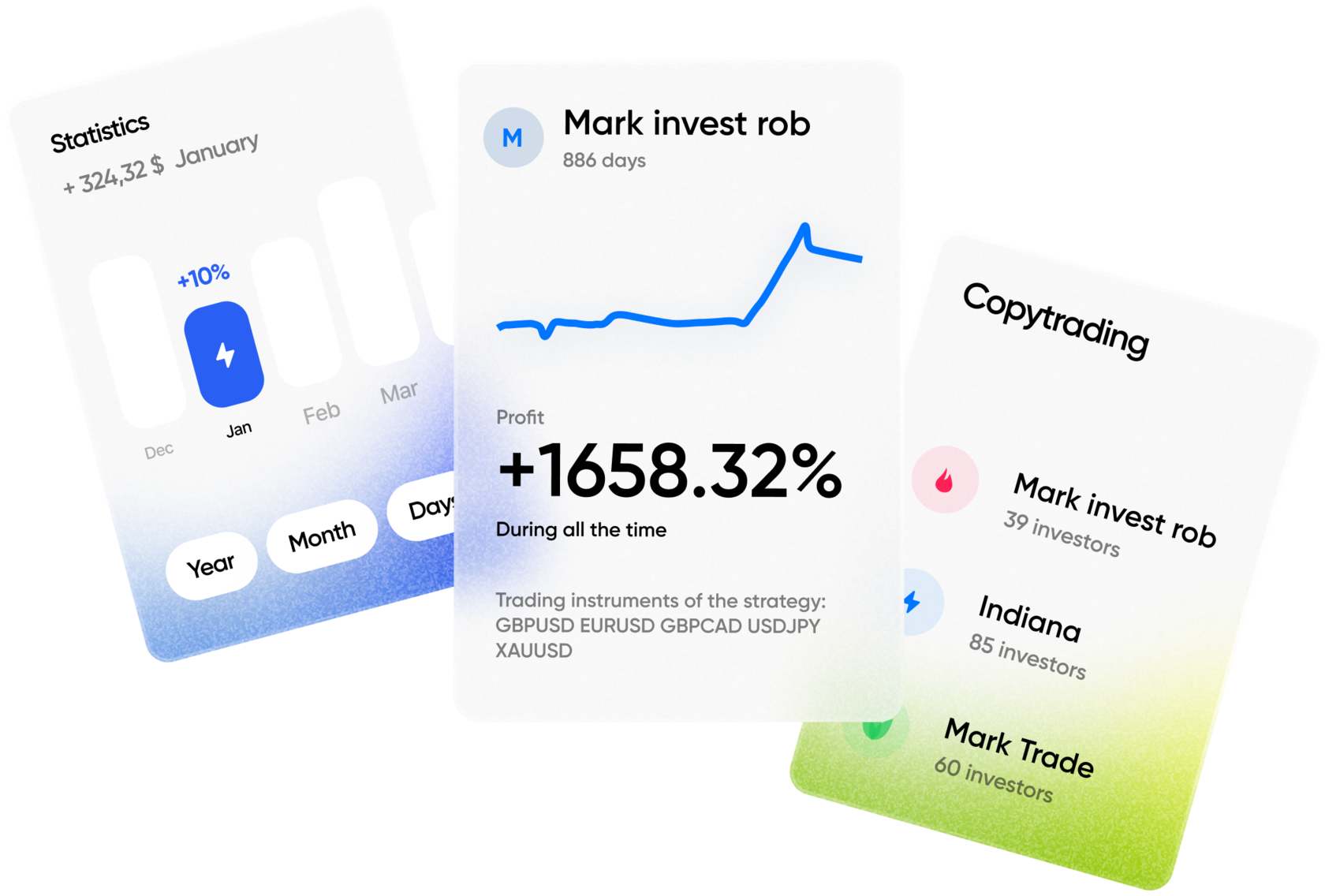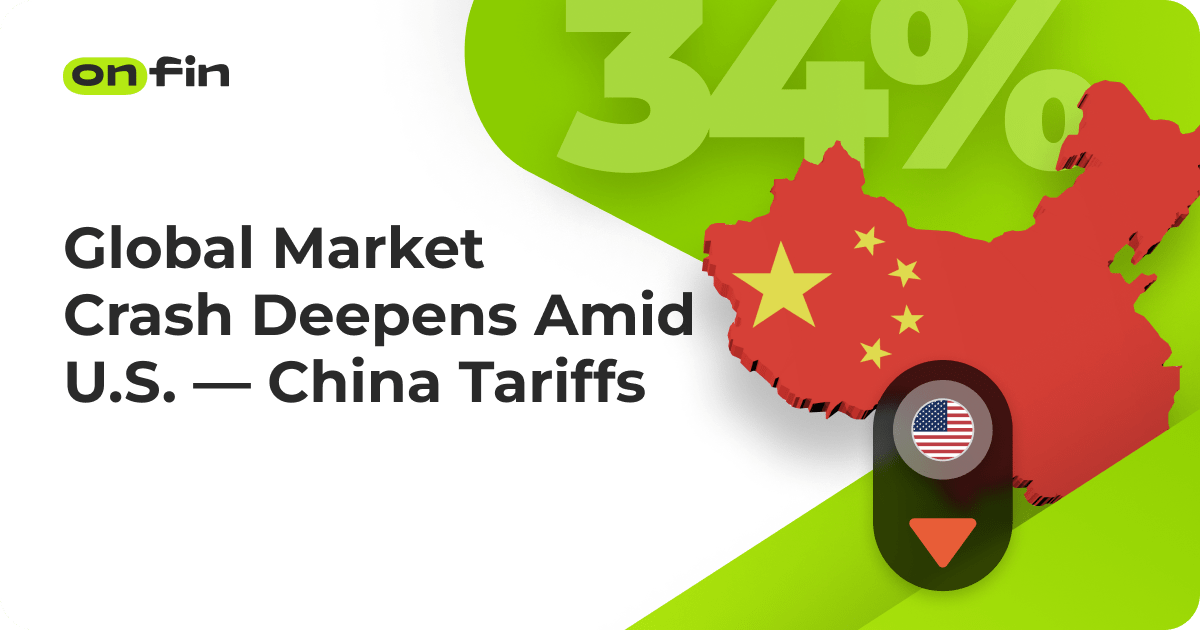On Friday, global stock markets extended their sharp losses. The decline followed China’s announcement of new retaliatory tariffs on U.S. goods. The tariffs were set at a rate of 34% and apply to a broad range of American exports. The announcement was made by China’s Ministry of Commerce.
According to Reuters, this move marked a significant escalation in the ongoing U.S.-China trade war. Market participants reacted quickly to the news. The escalation raised fears of a prolonged economic downturn.
U.S. stock markets posted heavy losses. The Dow Jones Industrial Average dropped by approximately 6.2%. The S&P 500 fell around 6%. The Nasdaq Composite closed down about 5.8%. These were among the steepest daily declines in recent years.
European markets also recorded significant losses. Germany’s DAX index declined by 5.1%. France’s CAC 40 fell by 4.8%. The UK’s FTSE 100 dropped by 5.3%. The pan-European STOXX 600 index ended the day down 5%.
Stock markets in the Asia-Pacific region also reacted. Japan’s Nikkei 225 lost 2.2%. South Korea’s KOSPI dropped 2.6%. Hong Kong’s Hang Seng Index declined 2.4%. China’s Shanghai Composite slipped 2.1%. Australia’s ASX 200 fell by 2.3%.
China also introduced restrictions on the export of certain rare earth metals. The Ministry of Industry and Information Technology confirmed the restrictions. The list includes key materials used in electronics, electric vehicles, and military equipment.
Rare earth elements are critical to many global supply chains. Companies in the U.S., Europe, and Asia rely heavily on Chinese exports of these materials. The export controls could affect technology, automotive, and defense industries.
In a separate move, China added 11 American companies to its “unreliable entities list.” This list targets foreign companies that, according to Beijing, threaten China’s sovereignty or national security. Being on the list allows the Chinese government to impose sanctions or restrictions.
Among the companies included were U.S. firms linked to arms sales to Taiwan. Chinese officials said these actions violated the “One China” principle. Entities on the list may face bans on doing business in China.
Several other countries responded to the deepening trade tensions. South Korea said it was closely monitoring the situation. The European Commission announced that it would review the potential impact of new tariffs. Japan’s trade ministry held emergency meetings.
India’s Ministry of Commerce issued a statement calling for de-escalation. Officials in Canada expressed concern about supply chain disruptions. Australia confirmed it was assessing national economic risks.
President Donald Trump spoke from the White House on Friday afternoon. He said the United States would maintain its current tariff strategy. Trump stated that further measures would be announced if China’s actions harmed American interests.
He reiterated that the U.S. would protect national industries. Trump also said the administration was in contact with allies. Discussions were underway to coordinate trade responses among partner nations.
Federal Reserve Chair Jerome Powell held a press briefing later in the day. Powell said the new tariffs were higher than expected. He noted the risk of accelerating inflation due to higher import prices. He also warned about the potential for slower economic growth.
Powell stated that controlling inflation remained a top priority. He explained that the Fed would monitor economic data closely. Any future policy changes would depend on market developments.
The Fed also released a short policy update. It emphasized price stability and economic resilience. No immediate rate changes were announced.
Bond markets responded to the developments. Yields on U.S. 10-year Treasury notes fell to 3.48%. The 2-year note yield dropped to 3.22%. Investors moved capital into safe-haven assets.
Gold prices surged during the session. Spot gold rose by 1.2%, trading around $3,061 per ounce. Silver prices also increased, reaching $26.94 per ounce.
The U.S. dollar showed mixed results. The dollar index held steady near 104.3. The euro fell slightly against the dollar. The Japanese yen strengthened, gaining 0.4% against the dollar.
Crude oil prices dipped amid concerns of weaker global demand. Brent crude fell 1.1%, closing around $76.20 per barrel. WTI crude declined 1.3%, ending the day near $71.80.
Major technology stocks saw sharp declines. Apple shares fell by 4.5%. Microsoft dropped 4.2%. Alphabet, the parent of Google, declined 4.7%. Amazon lost 5.1% in value.
In the financial sector, JPMorgan Chase shares dropped by 3.8%. Bank of America declined 3.5%. Citigroup ended the day 3.9% lower. Insurance and investment firms also recorded losses.
Automotive companies were among the hardest hit. Ford shares fell by 5.6%. General Motors dropped 5.4%. Tesla’s stock plunged 6.1%.
Global companies with heavy exposure to China faced pressure. Semiconductor manufacturers and tech exporters were impacted. Many firms issued cautious outlooks for the second quarter.
The U.S. Department of Commerce said it was evaluating the full scope of China’s measures. Officials confirmed that further announcements would be made next week.
Analysts forecast continued market volatility. Economic reports due next week include inflation data, retail sales, and industrial production. Central banks in the U.S., Europe, and Asia are expected to hold emergency consultations.
Prepared based on information from Reuters and official sources.







